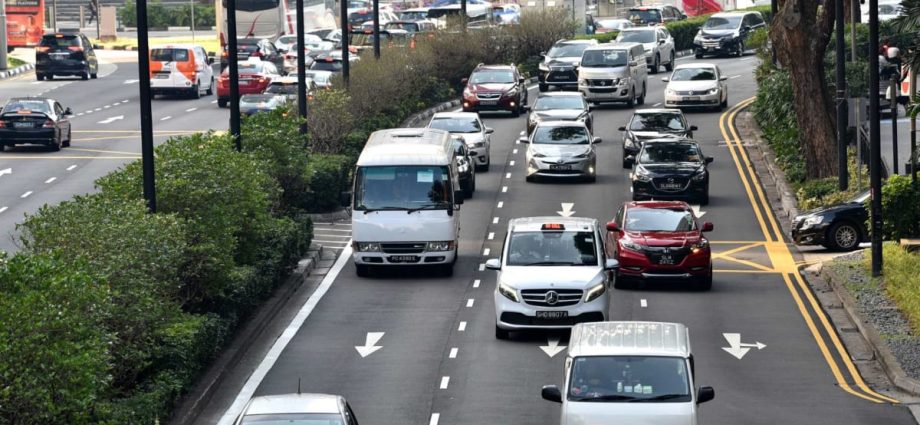
CURBING COE PRICES
The rise in COE prices is a reflection of the “continuing demand for cars” alongside the “zero vehicle growth policy” that “obviously curtails supply of COEs”, said Mr Saktiandi.
“Short of moving away from the zero growth policy, which is unlikely, the demand for cars will be affected by rising rates, economic cycles and also general sentiment as well as seasonal patterns of the past registration peaks and troughs.”
The “smoothening method” for the deregistered vehicles has “helped somewhat”, added Mr Saktiandi. But the committee may need to monitor if the COE prices reach levels that may be “less than optimal” due to “non-real supply and demand factors driven by market inefficiencies leading to price distortions”.
Mr Gan Thiam Poh (PAP-Ang Mo Kio), who also sits on the transport Government Parliamentary Committee, added that it is “too early to judge” how measures like the adjustments to the additional registration fee system affecting luxury cars will “filter down“.
He, too, noted the cap on vehicle growth – but said that “demand is always there” despite limited supply. This could also be due to “aspirations of Singaporeans” to own a car, he suggested.
“I also notice with more completion of MRT lines, more people are riding the MRT. We can see more people going for public transport. But that doesn’t mean people don’t wish to own cars,” he said.
Highlighting possible ways to address rising COE prices, Mr Gan pointed to existing measures, like car-sharing schemes, as well as increasing public transport and private-hire service choices and making them “more convenient” and “more economical”.
On the other hand, Mr Saktiandi added: “The best approach is to address any specific market microstructure or market failures, such as the efforts being made for the motorcycle COEs on the duration reductions.”
He was referring to the Land Transport Authority’s move in March to cut the validity period of temporary motorcycle COEs from six months to three.
“One other extreme option eventually may be to lead to restrictions on the number of cars purchased per household to ensure equality in terms of access to vehicles for personal consumption. But that may not be viable at this juncture,” he said.

